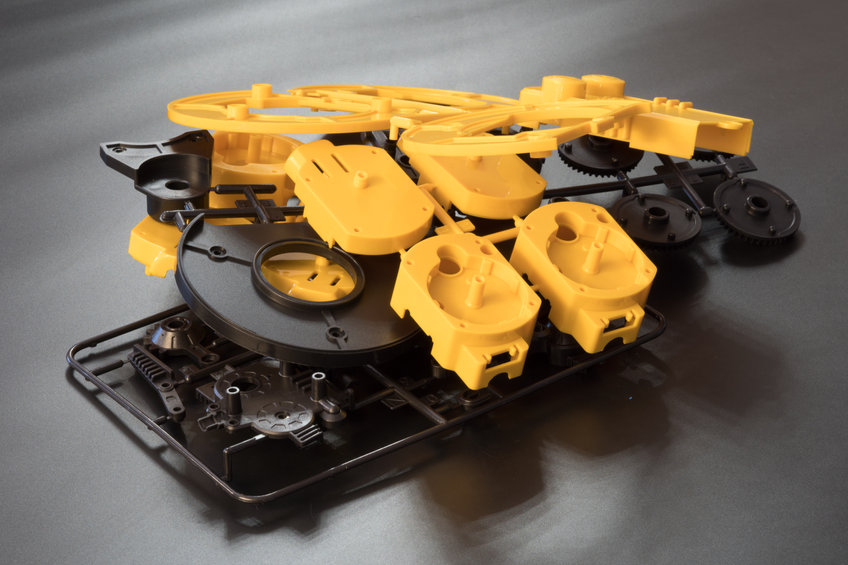Many organizations and industries utilize plastic injection molded parts for the inherent manufacturing process advantages of plastic injection molding. Faster turn-around times coupled with precise uniformity, efficiency, and customization make plastic injection molding ideal for a number of manufacturing applications. But the process provides even greater benefits for certain industries from the value of using plastic parts vs traditional metal parts.
By integrating plastic components into the vehicles that the transportation industry relies upon, companies have seen an uptick in savings and safety, spurring further innovations for plastic injection molding, and the transportation industry as a whole.
Reduced Freight and Shipping Costs
Plastics are durable and lightweight, making them an ideal choice for components in a variety of vehicular applications, including panels, dashboards, seat assemblies, bulkhead components, and a number of other uses. By adopting plastic parts and components in vehicles, the transportation industry is able to reap the benefits from the lighter material through greater fuel economy and improved mileage. This translates into savings on every shipment provided by a vehicle with plastic components.
The parts are also more customizable, allowing companies to mass manufacture plastic parts in complex shapes. These can often take the place of pieces that would otherwise need to be manufactured through more complex processes, thus saving time and increasing efficiency on each plastic injection molded component. Combined with the increased durability of plastics — and the natural corrosion resistance — utilizing these plastic parts can lead to additional financial savings over the lifetime of the part as well.
Safety Innovations and Improvements
The transportation industry must align with specific regulations outlined by the US Department of Transportation and the Federal Transit Administration. Some of the most important regulations involve the flammability of materials used in components of vehicles. Namely, materials used in vehicle interiors need to meet a number of guidelines to reduce the severity and frequency of burn injuries while allowing for a heightened evacuation time of vehicular occupants.
Many of the plastics available for injection molding are unique in that they have high rates of non-flammability. This allows the plastic materials to be processed in a way that meets and exceeds the standards set for industry regulations, without drastic increases in cost for manufacturing with the material. By utilizing plastic pieces, then, vehicles are able to maintain high safety standards, and companies are able to manufacture parts in a budget friendly, cost-efficient manner.
Plastics provide the potential for many industries to solve unique and specific material challenges without blowing budgets, timelines, and part complexity. For the transportation industry, plastics have opened up a new world of possibility, allowing companies to continue offering safe, efficient modes of shipping and transportation, while exploring new investments and industry innovations.
Hansen Plastics is committed to providing a customer-centric injection molding process. For industries like transportation, which rely on pieces and components for precision, customization, regulatory compliance, and maximized safety, consistent high-quality parts produced efficiently is a necessity. And each part needs to be delivered at affordable, competitive rates.
The team at Hansen Plastics is dedicated to meeting their client’s level of expected quality and affordability — and exceeding their industry’s standards — by producing plastic injection parts with continuous innovation in the plastic injection molding process. If you are looking for a trusted partner with 50 years of experience as a quality plastic injection molder, reach out to HPC today, or visit HansenPlastics.com for a full view of Hansen Plastic’s capabilities.



